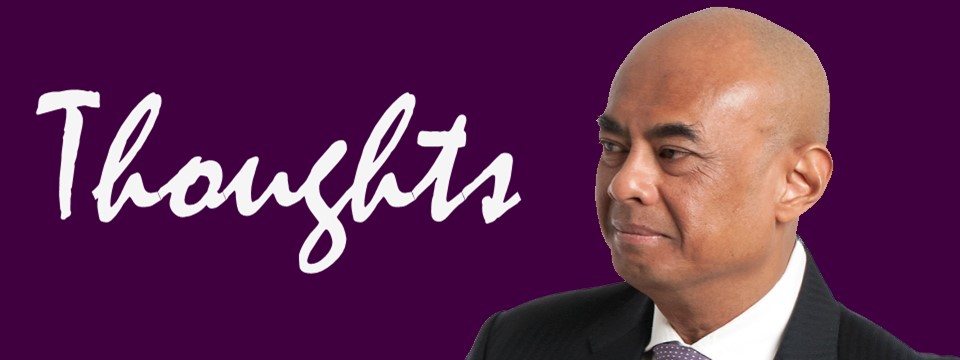We tend to overestimate the abilities of our leaders, underestimate what Leadership actually entails and continue to hope in vain for one heroic protagonist imbued with superpowers to appear and solve all our problems. We persist with these errors of judgement not just because we are human, but also because our perceptions and the way we conceive ideas are heavily conditioned by the prevalence of popular culture in our everyday lives.
Behavioural scientists refer to the above phenomenon as cognitive bias; Professors Martin F. Kaplan and Steven Schwartz compiled an excellent collection of research in this topic back in the 70s (ISBN 9780123972507) which continue to be informative to this day. In the simplest terms, cognitive bias refers to the conditioning of our perceptions and the way we understand the world around us. This conditioning process can occur through repetitive exposure, and in the age of social media such exposure potentially happens constantly, throughout every waking hour, so to speak. Given that social media is as diverse as Forrest Gump’s metaphorical box of chocolates, in both positive and negative aspects, and that the algorithms employed by social media platforms aim to maximise engagement at whatever cost to human beings and society at large, we can expect distortions and misconceptions of commonly held views to continue for the foreseeable future.
What that means is that stereotypes, whether they relate to gender, ethnicity, age, economic demographic or any other perceived differentiation, will continue to flourish both on social media and in the human psyche. Misinformation will continue to be entrenched among large numbers of the population simply because so many are constantly exposed to it on a daily basis. This is also why we collectively continue to believe that there exists one person wearing a gem-studded metal glove who could solve all the problems we face by snapping their fingers while saying: “I am Metal Dude!”
Politicians are well aware of this aspect of behavioural science, as are the aspirants who hold political ambitions and the campaign machinery that supports every paying client, and they do not hesitate to exploit it to their advantage. And how they truly take advantage. In every speech made by every politician everywhere, there is a very high probability that we would hear the phrases “I can do [whatever]…” or “I promise you [whatever]...” but hardly ever do we hear ”We can solve this together!”. Why is this so? Probably because it is not your needs, my needs or society’s needs that matter to a politician who is merely conditioning our perceptions with narratives pre-tested on focus groups to achieve their own personal ambition: “I am Metal Dude!”
Notwithstanding the employment and business opportunities created for sociologists and behavioural experts everywhere in support of politicians purporting to be a heroic protagonist who will save the world; cognitive bias also prevents us, the collective known as the human race, from recognising the true protagonist who would actually be capable of solving the problems we face daily. That protagonist is each and every one of us, working together in close collaboration to find optimal solutions. We often overlook that fact ourselves because we are too preoccupied with putting food on the table, with clothing our children and making sure they get much-needed education. Life tends to play out that way. Ergo we continue to hope that somewhere in the world there really is a Metal Dude, Metal Dudette or other non-binary superhero who can fix all our problems and lighten our load. If only hoping strongly enough would make it so.
The reality is that no such protagonist exists. I would go so far as to point out that in every holy scripture, the appearance or incarnation of an all powerful, wildly popular character would mark the end of life as we know it, whether we choose to call it Apocalypse, the Day of Judgement or Ragnarök. It truly falls upon each and every one of us to find a way to collaborate and work together towards finding the solutions needed to deal with social, economic and geopolitical issues that continue to affect our wellbeing and livelihoods. That is the plain and simple truth; there is no all powerful protagonist to whom we could outsource this effort. If any politician insists that they are in fact that heroic protagonist we should give our votes and money to, it is only because they are really after those two particular things, perhaps not even in that particular sequence.
If we really do want a better future for ourselves and our children, then we are the ones who will have to make it happen. Together we make Tomorrow better than Yesterday!

